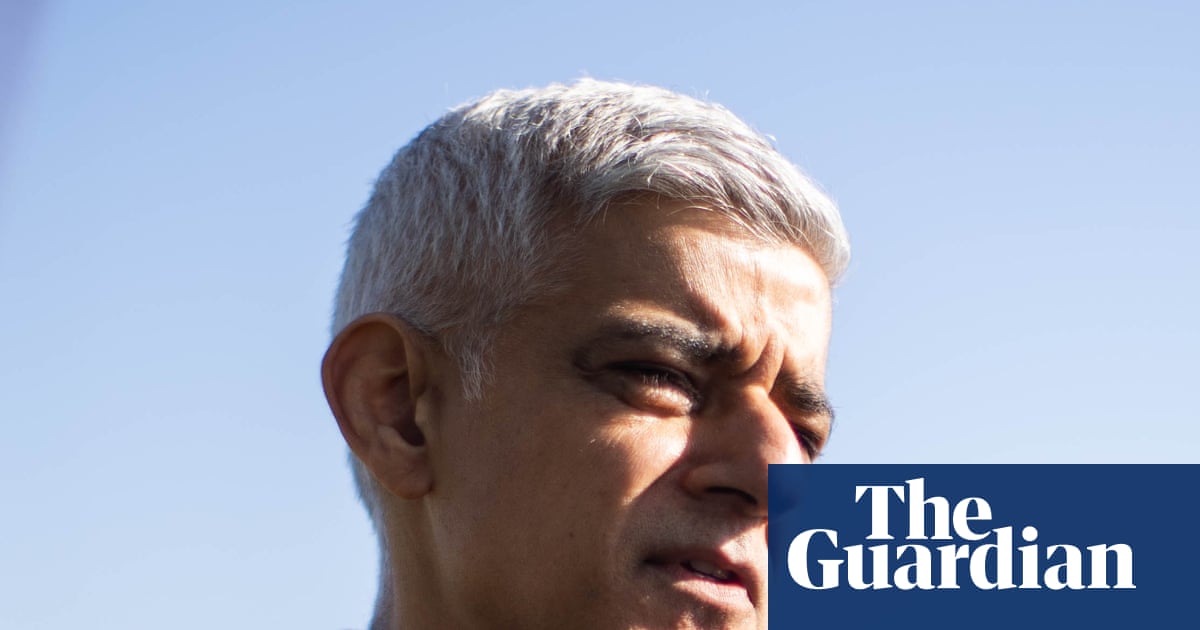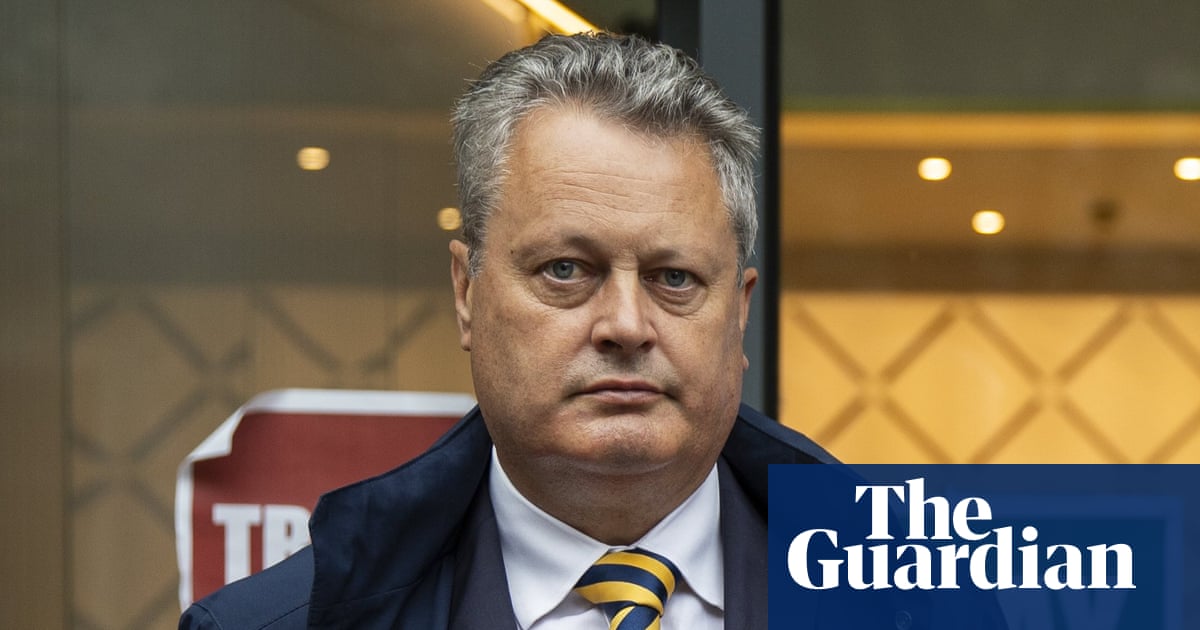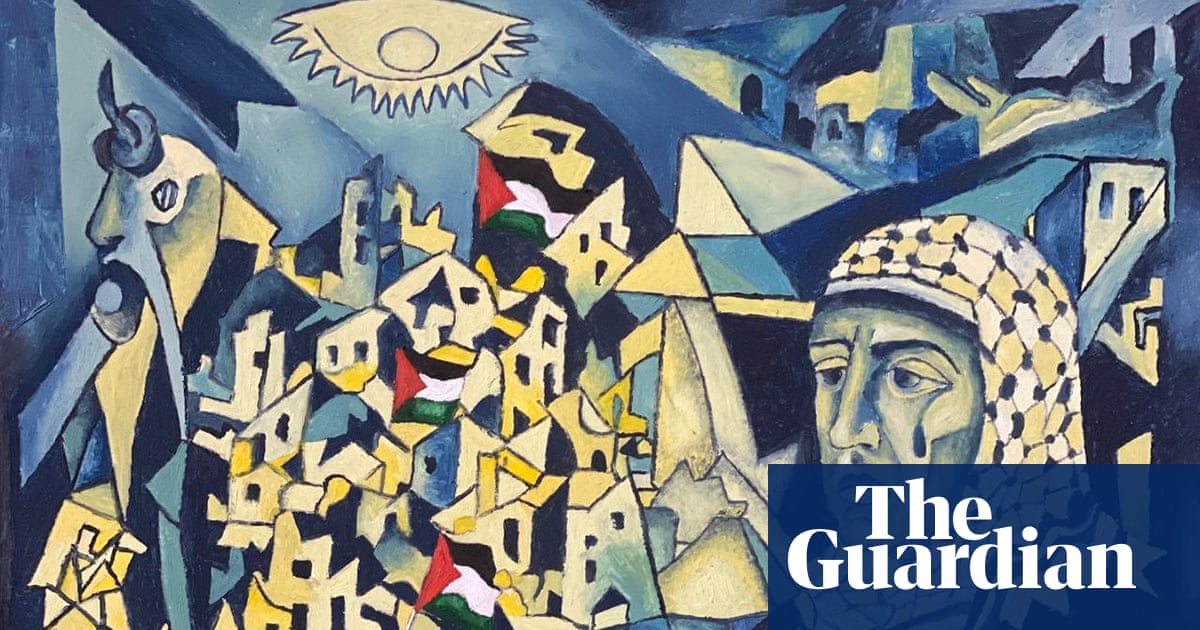Key events Show key events only Please turn on JavaScript to use this feature
One of the other controversies in the buildup to tonight’s grand final has been the European Broadcasting Union (EBU) decision to allow Israel to participate, despite calls for them to be excluded.
I’m going to do what I did last year, and follow the same procedure I do when covering events like the Olympics – once the organising bodies have made their decision about who can participate, we cover the event as is, so we’ll treat Yuval Raphael and Israel’s song and staging like any other entry tonight.
As I said last year, I am aware that some Guardian readers and regular Eurovision live blog followers will be glad to keep the music and the politics separate – but I am also aware that some of you will find that disappointing, and think it is the wrong decision.
You can find all of the Guardian’s ongoing coverage of the Israel-Gaza war here.
If you have been following the buildup to this year’s contest you will not have been able to avoid the controversy over whether Malta’s Miriana Conte was allowed to sing the words “serving kant” or not. Spoilers: she is not. Our European culture editor Philip Oltermann had this look at the history of smutty numbers on the Eurovision stage.
A couple of years ago the people on our culture desk forced Alexis Petridis to rank every single winner up to that point – all 69 of them because of the weird four-way tie that happened once.
It doesn’t include the last two winners. I imagine Loreen’s Tattoo might have nestled somewhere in the 20s, and that last year’s winner, The Code by Nemo, would have been in the top ten.
How does voting work at Eurovision 2025?
Are you new to Eurovision? Probably not if you are already reading my live blog. But here is the lowdown on how the voting works tonight.
Every competing country in the contest – that is all 37 who initially entered, not just those appearing in the final – have both a jury awarding votes, and a public telephone vote. There is also an additional “rest of the world” aggregated telephone vote.
Once voting closes, each country reveals who has received a maximum 12 points from their country’s jury. Points are awarded as follows: 12, 10, 8, 7, 6, 5, 4, 3, 2, 1.
This is the bit where we go from country to country and everybody says “Great show, Basel, you really blew our minds” and then takes far too long to deliver the actual score, causing the show to inevitably run behind schedule.
After that procedure, we then get the public vote added to each song one by one, starting with the song placed last by the juries. That usually builds up to a tight climax where three or four songs leapfrog into the lead and then there is some suspense … and then Sweden almost certainly wins (probably).
Salut! Hello! Hallå! Привіт! ¡Hola! Ahoj! Γειά σου!
Bonsoir et bienvenue à la couverture en direct du 69e Eurovision par le Guardian.
That is about as much French as I can manage which may be a little tricky tonight as Switzerland is sure to serve up some multi-lingual hosting this evening.
There is going to be a lot to enjoy tonight, even if a couple of the things I really liked got knocked out at the semi-final stage *shakes fist at sky*. More on that later.
It is Martin Belam here with you tonight. It is the fourth time I’ve done it now, and I’ve possibly got the hang of it, although the chaotic third act of me trying to live blog the results coming in when I’ve had too much prosecco is surely going to reappear.
The show starts at 9pm CEST, 8pm BST, and I will be with you every step of the way as your second-screen guide. You can get in touch with me at [email protected] – and if you put EUROVISION as the subject line your email will be easier to find.

.png) 3 months ago
115
3 months ago
115

















































